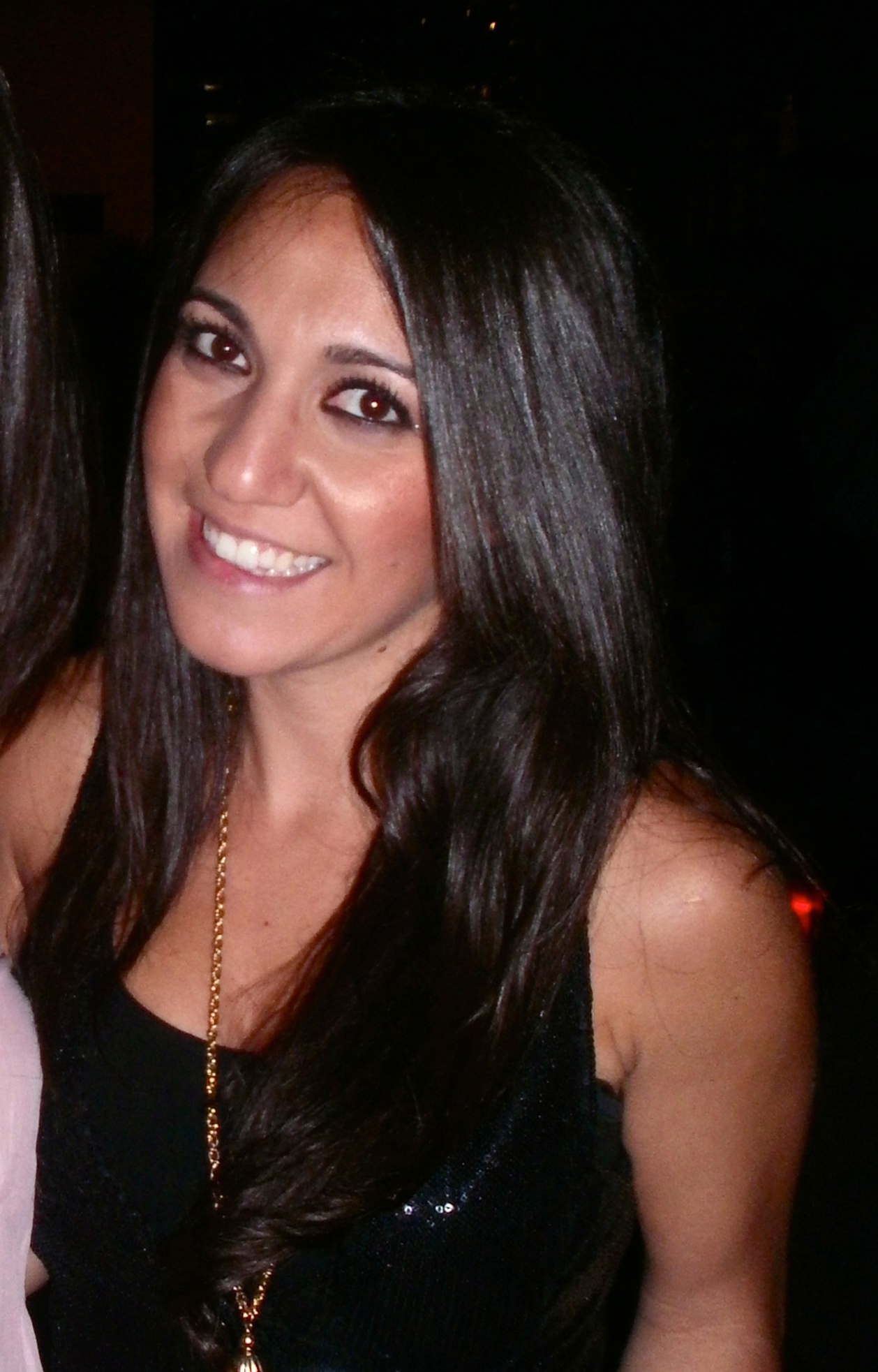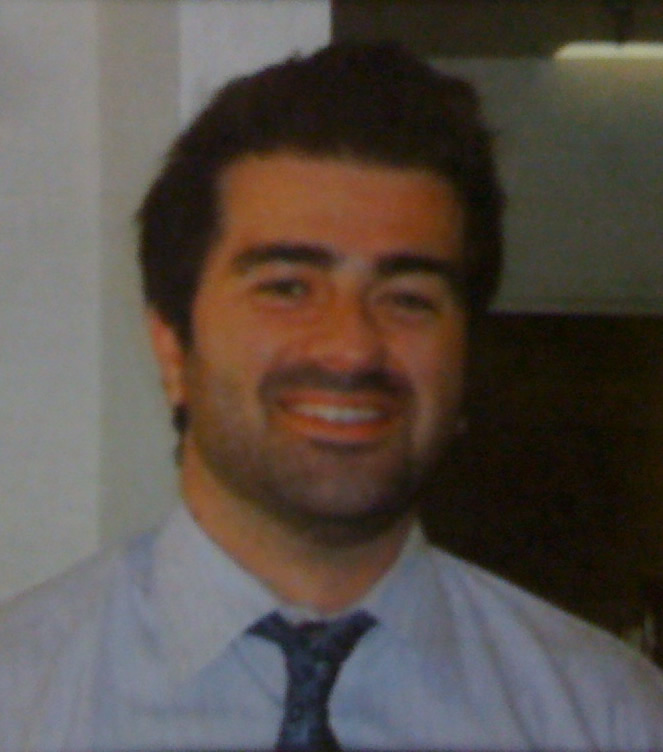I am a chunky monkey. In case you’re confused, I have a long list of ways to describe different levels of larger-than-“normal” body types. It ranges from thick to chunky to BIG, etc. Recently, I reached a weight that I will not publicly disclose, and it became a wake-up call to the toll law school was taking on my body, and subsequently my emotional and mental states. The last two years of law school made me fat and old, and I let it.
Law school is a stressful time in our lives. If you’re anything like me, this means erratic hours, lack of sleep, and little to no time to cook or clean. For the first two years, I was lucky to have more than one meal on most days. Even then it was rarely, if ever, healthy. As we entered into a new calendar year (and the last year of my academic legal career), I vowed to be healthier. I believed I would have the time to be better to myself because I was moving from full-time to part-time status. Progress has been touch and go. Even with less time dedicated to the classroom, my schedule seems to fill itself, and some days old habits rear their ugly head and I think about how easy it would be to stop by Del Taco before heading onto Highway 163. I have spent the last few months working very hard to not cave into what’s supposed to be easier, and being in this new building has made a healthier lifestyle a little easier.
When this school first pitched Fit Gym, I complained – a lot. I already had a gym membership that cost half what the school was paying and was available nationally. I didn’t see the point in having a membership to a posh gym downtown when 24 Hour Fitness was only a few blocks away at Horton Plaza. In all honesty, I don’t remember the last time I used my 24 Hour Fitness membership, and having Fit only a few steps away from campus has made life a lot easier. I get to the gym Monday through Friday, fitting in cardio and weight training between classes and other obligations. With hindsight being what it is, kudos to the administration for putting it together.
Another feature the school provided that has made transitioning into a healthier lifestyle easier is the refrigerators. I didn’t eat during the day because I didn’t bring food, and by the time I left I was in no mood to cook. My refrigerator at home was a barren wasteland. Having refrigerators on campus to keep food has been immensely helpful this semester. I keep thinking back to the days of the Old Town building, and I realized that my personal care was the same as the care for the old building. Things were breaking down, out of place, and I ignored them. Some bad habits still carry over, though. Every meeting still has pizza. It may not be Papa John’s or Pizza Hut, opting for meetings at Basic instead, but it is still pizza. It’s tough to avoid.
The point of all of this is to highlight what we let ourselves get away with in law school because of the stress. It is kind of like the freshman fifteen in undergrad. For us slightly older students, the stress adds more weight to us, and the fatigue makes it less likely that we will treat ourselves properly. Not only in eating right or exercising, but also in getting out and doing things that make us happy. The focus of health for law students is usually the attention paid to alcohol and substance abuse within our profession and I think it is because we get to a point of no longer having the energy to do what we love. I love food and with my recent changes in my lifestyle, I cook a lot. I initially began this change to lose weight and be thin, but the more I go through it the less I care about the physical results because I see myself becoming a happier person.



